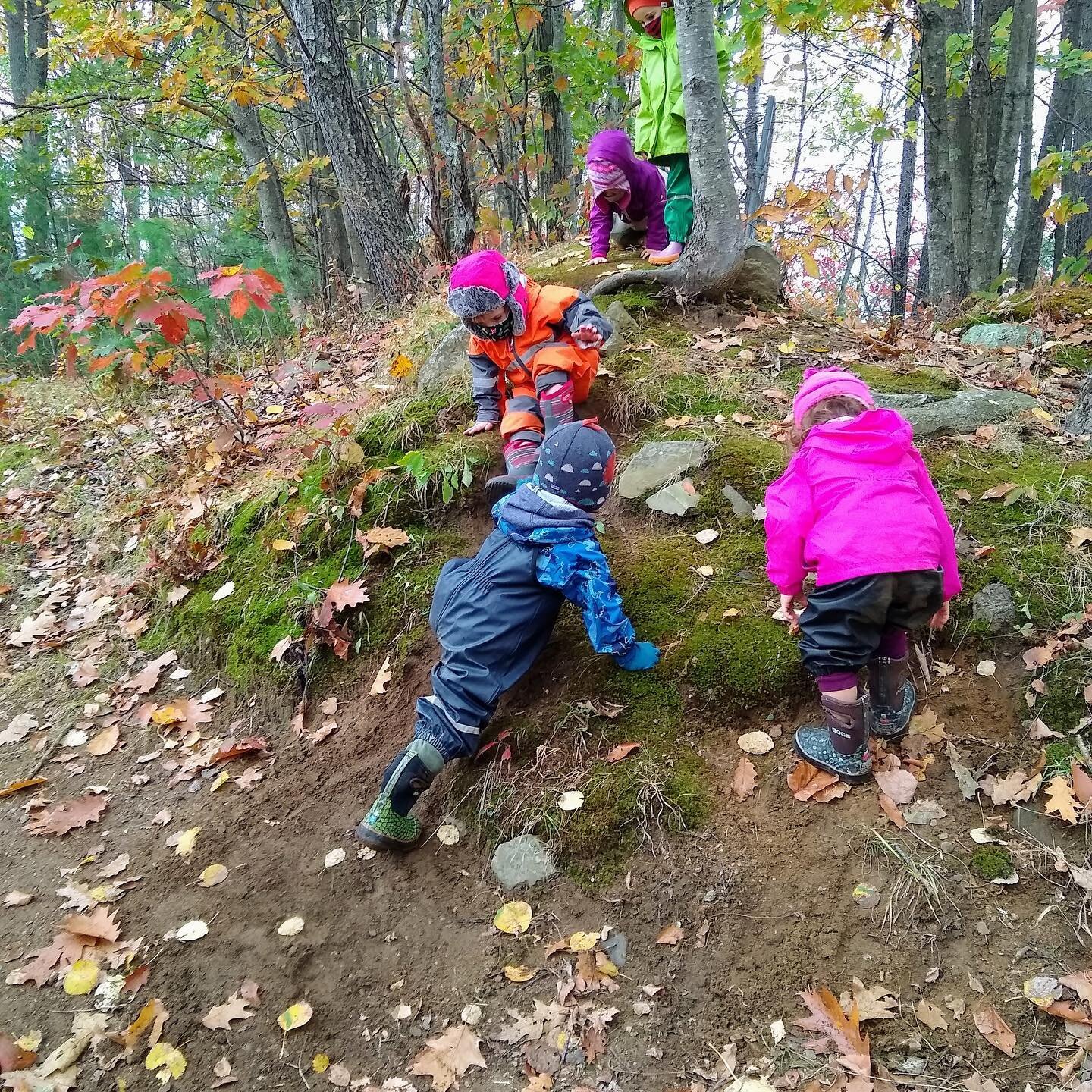What is Social-Emotional Learning, and why is it so important, especially now?
There are so many things that students will need to help them succeed later in life that don’t fit neatly into the box of academics. People skills, for example. A child who learns how to exercise empathy, navigate and resolve conflict, work well in a group, and form and maintain healthy interpersonal relationships will thrive in future work, academic and social settings. Likewise, developing strong self awareness and self management skills have long term benefits, as children learn to recognize their own strengths and weaknesses, to manage their emotions and to work through challenging situations to achieve their goals. Finally, learning to make responsible, ethical and constructive decisions about personal and social behavior is a key component of children growing into happy, well balanced and successful adults. All of these skills are part of what is called Social-Emotional Learning. In addition to being important life skills, social-emotional learning is very important for supporting children in developing academically. Without developing these skills, students often struggle in classroom and academic settings. Social and emotional learning helps students be resilient, and to take on and work through challenging circumstances, which is more important than ever this year. At Seacoast Waldorf School, there are a number of different ways in which we help create opportunities for children to acquire tools for social and emotional success.
Social-Emotional Learning and the Arts
The arts are particularly beneficial to social-emotional learning. Seacoast Waldorf School has a strong arts program which includes our arts-integrated approach to our academic curriculum. We believe that the arts are important for all children in their development, and aren’t just an add-on or an extra, because the arts play such an integral part in students’ social-emotional development. In music, for example, students develop their social awareness and relationship skills by learning to sing or play instruments together. As part of that process, they are learning to work cooperatively to create something beautiful. That learning includes self regulation, where students learn that to achieve the collective goal of playing the piece well, they each need to practice, to listen to each other, and to control their own behavior in relation to the other students in the group. In handwork and woodwork class, students learn very practical lessons in regulating their emotions in order to achieve their goals, as the practical arts give students real life examples of what can happen when frustration or impatience get the better of you. Woodwork, clay, handwork and other manual arts also help students learn to be both resilient and even tenacious, as they work to bring about a complex multi-step process using complex materials. Theater also provides another avenue for students to work together, building important relationship skills, as well as helping students develop empathy and social awareness. Each one of our students participates in theater by performing a play every year with their class. Both music and theater help students to build their confidence, lower their anxiety, and raise their self-esteem, all of which have many long term benefits.
Social-Emotional Learning and Play
As it turns out, a number of the social-emotional skills that are so helpful in the classroom are best acquired on the playground. To develop these capacities, Children need real life scenarios that happen only if they have regular opportunities to engage freely with their peers. Playing together during recess, children learn to work together, to negotiate conflict, and to develop their awareness of themselves and of others. Walking through our campus during recess you can see the learning that is happening, from the first graders working together to create stories for imaginative worlds to play in, to the fifth graders negotiating rules for more and more complicated games. It's clear that the children are exploring and learning freely during this vital period. That is why we strongly believe in the importance of recess for all of our students Pre-K through 8th Grade. Many schools in the U.S have shortened and even eliminated recess in response to an educational model focused on high stakes and pushing academic learning earlier and earlier. We are proud to be part of a growing movement of schools pushing back on that trend because of the social-emotional, physical, psychological and academic benefits that recess provides for children.
Social Emotional Learning and Strong Student-Teacher Relationships
Another way that we help students work on their social and emotional learning is by fostering strong student-teacher relationships. Our teachers work with the same class of students for multiple years, developing strong relationships built on continuity and trust. That multi-year relationship allows teachers to fully understand each child's strengths, weaknesses, and unique learning styles. It also enables our teachers to work with students over multiple years to help that child develop their own self awareness, and self knowledge, so that each student can learn to challenge themselves, work on their weaknesses, and work through their frustrations in certain areas.
Why is Social and Emotional Education So Important Today?
We have to pay attention to social-emotional skills as a society because social-emotional skills are critically important for thriving later in life in workplace, academic, and social settings, and are a key component to children living happy, successful and fulfilling lives. We also need to pay attention to those skills because many educational models are reducing or eliminating the programs and situations that help foster those skills, and with negative consequences for kids. Finally, during the ongoing Coronavirus pandemic it has been even harder for children to have access to art, theater, music, recess and opportunities for social interaction with peers as schools have tried to keep everyone safe. That is why at Seacoast Waldorf School we have worked doubly hard to make those social and emotional learning opportunities available to our students. First by ensuring that they were a core part of our remote learning curriculum last spring, and then by making sure we made every effort to open safely this fall. We remain committed to safe in-person learning on our campus because we know how important it is to our students' development.







